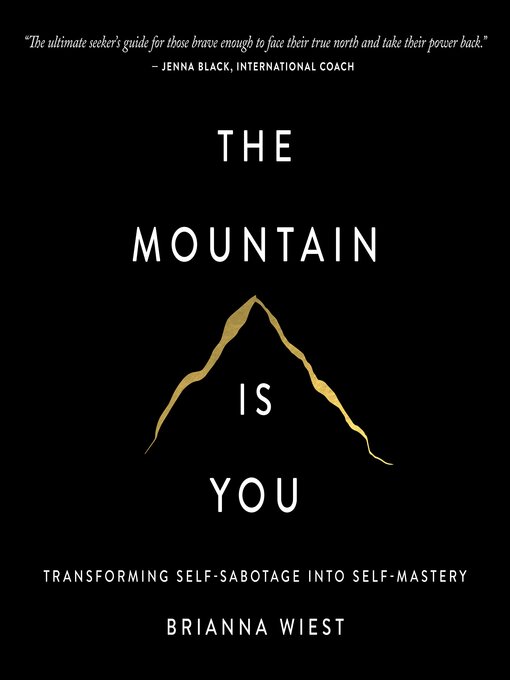Coexisting but conflicting needs create self-sabotaging behaviors. This is why we resist efforts to change, often until they feel completely futile. But by extracting crucial insight from our most damaging habits, building emotional intelligence by better understanding our brains and bodies, releasing past experiences at a cellular level, and learning to act as our highest potential future selves, we can step out of our own way and into our potential. For centuries, the mountain has been used as a metaphor for the big challenges we face, especially ones that seem impossible to overcome. To scale our mountains, we actually have to do the deep internal work of excavating trauma, building resiliance, and adjusting how we show up for the climb. In the end, it is not the mountain we master, but ourselves.
- New eBook Additions
- Available Now
- Most Requested Titles
- Romance
- Recommended Reads
- Mystery
- Fantastic Fantasy!
- Thrilling Thrillers!
- Self-Help and Personal Development
- Harlequin Romance
- Defense & Foreign Affairs
- See all
- Available Now
- New Audiobook Additions
- Most Popular Audiobooks
- History Audiobooks
- Mystery
- Thrilling Audiobooks!
- Romance
- Science Fiction & Fantasy
- Self-Help and Personal Development
- RBDigital NonFiction Audiobooks
- Defense & Foreign Affairs
- See all

